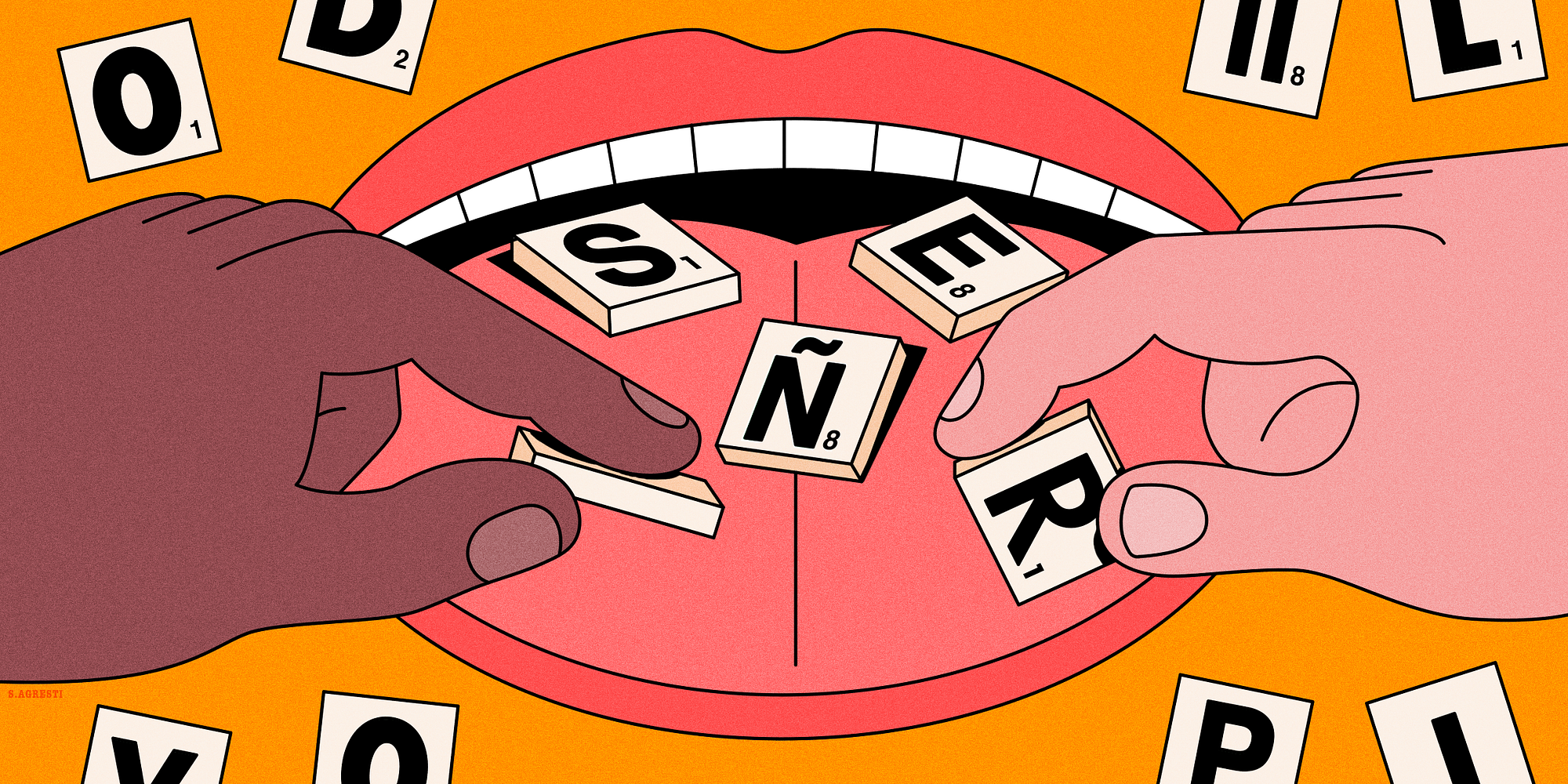What is Spanglish? Spanglish is a language that connects two well known languages. English and Spanish are bonded together to creating a beautiful language in text and speech.
Spanglish is a language that has been a topic of debate for a long while. There are some that argue it is merely a dialect, while others define it as a language. If it is a language, would you consider someone who speaks it to be bilingual then? Araceli Osorio's article, "The role of Spanglish in the social and academic lives of second generation Latino students : students' and parents' perspectives" gives insight on this debate. In one light Spanglish is seen as a dialect because it is not spoken much in Spanish-speaking countries because the majority of Spanglish speakers are Latinos living in the United States. According to Thomas Moore Devlin, there are over 50 million people who speak Spanglish in the United States. For the Latinos living in United States, they could be considered bilingual, and in turn be capable of code-switching. Code-switching is a process of shifting from one linguistic code to another depending on the social context or conversational setting. Yet code-switching is something that can be accomplished without intention, so how can the use of it define bilingual status? There are specific words native to a language that are used in each language. For example a native Spanish speaker who uses the word DMV in speech, is switching to english. Although one may not realize they are doing so, they have to because there in no alternative to be used. Spanglish is much more than just code-swithcing; it is an effective form of communication for creating meaningful conversations and helps establish an identity within cross-cultural situations.
 |
| The Blending of Languages in Speech |
Regardless of one's opinion, we cannot deny the importance of the language. The role of Spanglish is very important an academic level. Research conducted by Ramon Antonio Martinez within his classroom proves that Spanglish allows students to accomplish conversational work. When the students were at a loss of words, the ability to utilize Spanglish allowed for continued conversation. Why would we deny students the creativity of expression through their language? There is simply the lack of acceptance of the unknown. If a student who only spoke English transferred to a Spanish speaking class, they wouldn't be told their language is nonexistent and incapable to be used. All of the controversy surrounding the defining of Spanglish gives it a bad name. There are many people that reject the term because they feel that it is a poor language. Ricardo Otheguy and Nancy Stern support this idea in stating that Spanglish needs to be discarded and replaced by Spanish because it is proper.
Spanglish. If you didn't know what is was before, you now have a bit of insight on what it is. We are all entitled to our own opinions in life, but I believe there are some fights that are not worth fighting. How can we sit back and tell someone that their culture and way of learning isn't valid? We all have different beliefs, morals, ideals, ways of learning, and express our culture in different ways. It's ok to be different. Now, we need to move towards accepting the differences so that Spanglish can be spoken within the United States without fear of judgement.
No comments:
Post a Comment